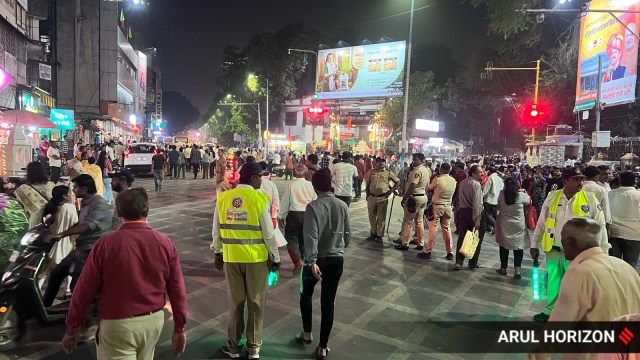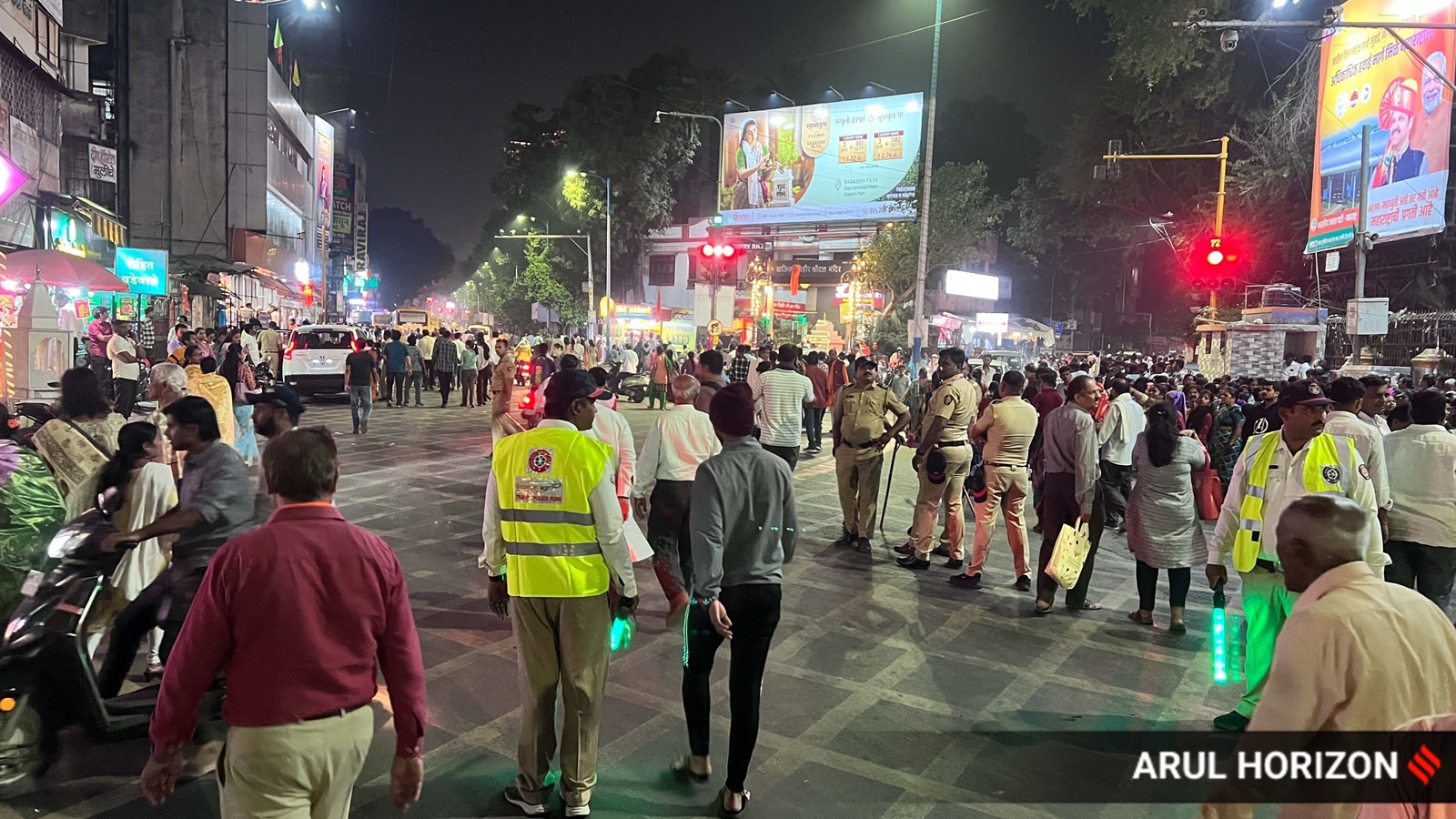

Dec 29, 2024 19:54 IST First published on: Dec 29, 2024 at 17:34 IST
Earlier this month, this newspaper carried an analysis on the speed at which the law enforcement agencies moved after sewer death incidents. It revealed only one conviction for 75 on job-deaths of workers engaged in plumbing toxic sewers. That several of these deaths happened at high-profile locations at the national capital, including prominent hospitals, hotels and malls shows pervasive and unabashed abdication.
Another investigation by this paper this month revealed that at least 11 major hospital fires have claimed more than 100 lives since 2020. Like in the sewer workers’ cases, accountability has received short shrift. In all but one of these cases, the owners of these healthcare facilities are out on bail.
There is a larger failing that is common to the fate of the sewer workers and the fire victims: Disrespect for the sanctity of human lives. Outbreak after outbreak, including several this year, has exposed that the country’s buildings are tinder boxes. Similarly, a large body of reportage has shown that sanitation workers suffer ignominy, even as the country marked 10 years of the Swachh Bharat Mission.
The apathy towards basic amenities and safeguards necessary for dignified living manifests in several other ways. From failure to plan cities in ways that all sections of people have decent living conditions to the rot in the examination system, the country’s policymakers do not seem to be working towards a system that cares. Sab ka saath, sab ka vishwas seems a lofty slogan, but only for the papers, when caste violence continues in some of the country’s schools. Drives to harness the demographic dividend appear meaningless when young students take their lives, unable to withstand the cutthroat competition. The claims that the country is on the path to a developed status, a Viksit Bharat, appears shallow when students in its prestigious institutions commit suicide – at least eight students took their lives in the country’s IITs this year. A year dogged by cases of gruesome violence against women has ended with the rape of a young student in Madras.
India is a relatively young country on the move, and that could explain some of the pangs. The country has created able institutions – the Election Commission, the Reserve Bank of India, the Judiciary, the CAG, some of the country’s universities are among the shining examples of post-Independence India’s tryst with democracy and development. The problem, however, is that the system is too top down, too bureaucratised, and yet, understaffed at points where it matters. Many schools do not have enough teachers. Pollution monitoring boards are short staffed. There’s a marked rural-urban skew in the distribution of doctors and healthcare centres. Municipalities are underfunded and undermined.
Even as the government claims to give premium to decolonisation, control, and not governance and welfare, remains the overarching leitmotif of most institutions. Organising an examination, conducting a fire safety test, monitoring pollution or assessing safety of drugs, even women’s safety are bureaucratic exercises — boxes to be ticked, with scarcely any attention to detail.
most read
India, by all accounts, is poised to become one of the leading economies of the world in 2025. However, the country continues to do scant justice to its human capital – not just by neglecting skill development and failing to provide enough productive jobs, but also but also by living in denial about good living conditions.
From controlling pollution to creating productive jobs to making cities, towns and villages safe to making sure there are no railway accidents, there is one imperative – a system that cares for people and is kinder to them. That should be 2024’s biggest takeaway.
We wish in 2025 people have a greater chance to fulfill their aspirations, breathe better air, and their homes, offices and public spaces are safe. We wish for a systemic with empathy built into it.
A Very Happy New Year
Kaushik Das Gupta
Why should you buy our Subscription?
You want to be the smartest in the room.
You want access to our award-winning journalism.
You don’t want to be misled and misinformed.
Choose your subscription package


